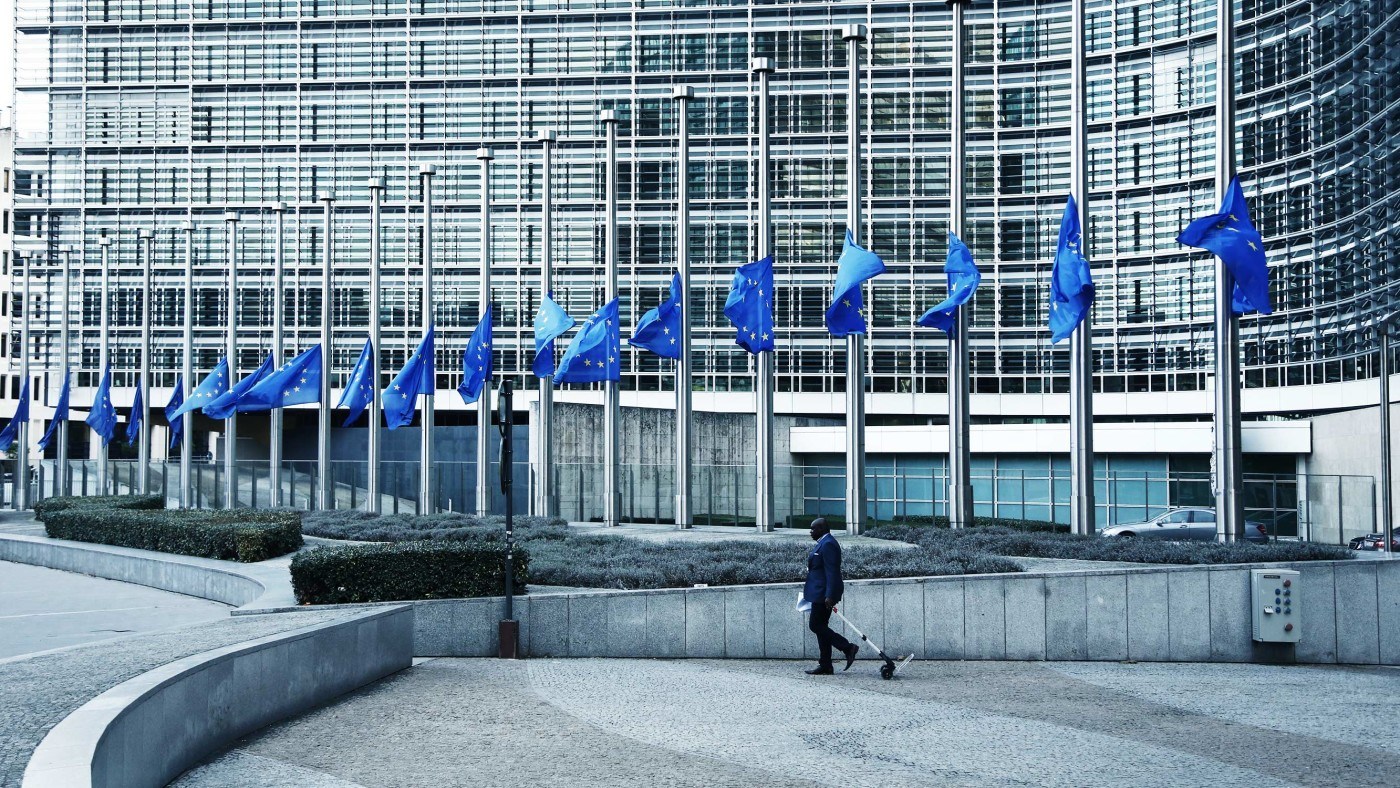Those who want the UK to leave the European Union could scarcely have chosen a better time for the upcoming referendum. Britain’s economic buoyancy contrasts with the gloom and doom in the eurozone. The EU is reeling from crisis upon crisis: first Greece, then refugees and now a new Polish government that is joining Hungary’s in trampling on liberal democracy. The Schengen area of supposedly seamless travel and trade is falling apart as border controls are reintroduced to keep out refugees. And in the wake of the Paris attacks, fears about terrorism and immigration are increasingly conflated. In these insecure times, when the EU seems to many like a source of economic crisis, political turmoil and unwanted migrants, the emotional appeal of cutting our ties may seem compelling.
Yet none of this undermines the rational case for Britain to remain in the EU; indeed, it may even strengthen the case for membership. The UK enjoys the best of both worlds: it is inside the EU single market of 508 million consumers, with an important say in setting its rules, and outside the dysfunctional, mismanaged and undemocratic eurozone. Those who (unlike me) want to keep out refugees can be reassured that thanks to its opt-out from Schengen Britain also controls its own borders (to the extent that any state can) – indeed, there are now ever more barriers between Greece and Britain. And in these insecure times, the value of EU cooperation in combating cross-border terrorism, standing up to Russia’s Vladimir Putin and breaking Gazprom’s grip over Europe’s gas supplies comes into its own.
Figures out yesterday showed the UK economy growing by 2.2% last year. The unemployment rate has fallen to 5.1%, its lowest for ten years. The employment rate is at a record high. So EU membership is hardly holding the economy back.
Of course, it would be great – not least for the one in two young people in Greece and Spain who languish unemployed – if the eurozone economy were in better shape. British exports would be higher if the eurozone was growing faster – and if it didn’t have a mercantilist German core and a central bank trying to export the resulting deflationary pressures to the rest of the world by driving the euro down. But how would Brexit remedy the situation? Outside the EU, we would still want to trade with our neighbours in the eurozone. We would also still be affected by any financial turmoil there. If anything, the uncertainty resulting from a Brexit crisis would be likely to chill growth on both sides of the Channel.
The most important of Prime Minister David Cameron’s renegotiation objectives is securing safeguards against the 19 euro members ganging up on Britain and the other eight non-euro countries, as I explained on CapX recently. That would be a much more pressing concern if the eurozone was moving full steam ahead towards a political union which would dominate Europe. But such is the animosity between Germany and Greece, not to mention the collapse in popular support for closer integration, that a eurozone government isn’t going to happen any time soon. That makes Britain’s position as a non-euro member of the EU much more comfortable. And whereas Britain can seek safeguards against the eurozone impinging on its interests as a member of the EU, it would have much less recourse outside the EU.
Nor would Brexit do anything more to insulate Britain from the refugee crisis. The UK is hardly being overrun by asylum seekers: a mere 29,024 people sought refuge here in the year to September 2015. That’s one person fleeing persecution and death (who potentially also has a lot to contribute to the economy) for every 22,000 people in Britain. Nor has the UK signed up for the ineffective EU refugee relocation scheme; the 20,000 Syrians who are being resettled here over the next five years are coming from outside the EU. The closest the refugee crisis has come to Britain is Calais, where the UK border is now located thanks to the goodwill of the French government. Since leaving the EU wouldn’t set us adrift from the Continent geographically, it wouldn’t make it harder for asylum seekers to reach Britain – indeed, it might make it easier if France insisted on moving the UK border back to Kent.
It is true that the EU’s many crises are in danger of overwhelming it. Even Germany’s “Iron Chancellor”, Angela Merkel, is looking decidedly brittle these days. The euro may ultimately break up. Schengen may collapse completely. Marine Le Pen, the leader of France’s far-right National Front, may become president and implement racist and protectionist policies that shatter the EU.
But it would be a huge strategic mistake – bonkers, in plain English – to leave the EU in the belief (or hope) that it will collapse, only to find that it doesn’t. In uncertain times, the wise strategy is to keep one’s options open, see how things develop and try to influence them in a favourable direction – and Britain can only do that by staying in the EU.


